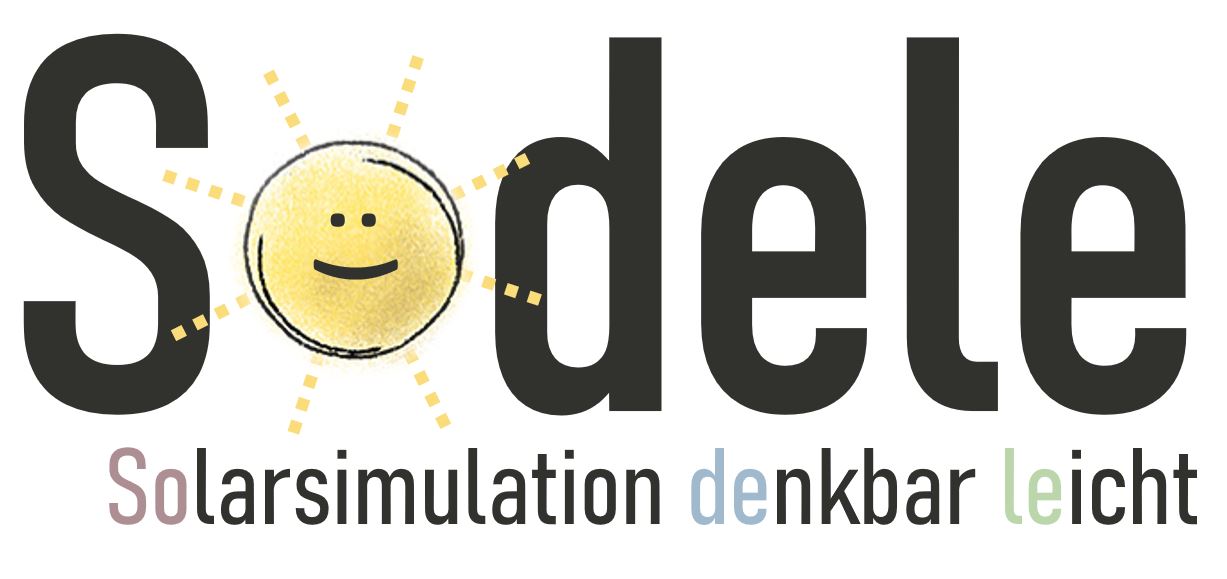Release of new ReSiE version 0.13.0
We have released version 0.13.0 of our energy system simulation engine ReSiE. This release focuses on advanced options for control and operational behaviour, particularly as it relates to busses. New options are now available for controlling the precise priorities of inputs and outputs on a bus, including switching the priorities and the allowed energy flow depending on profiles. Further changes with this version include improvements in the calculation speed of geothermal collectors, a new component to better model power networks and changes that make it easier to accurately simulate large heat storages on a multi-year timescale.
The latest release can be found here and details are available on the documentation of the QuaSi-Projekt.

